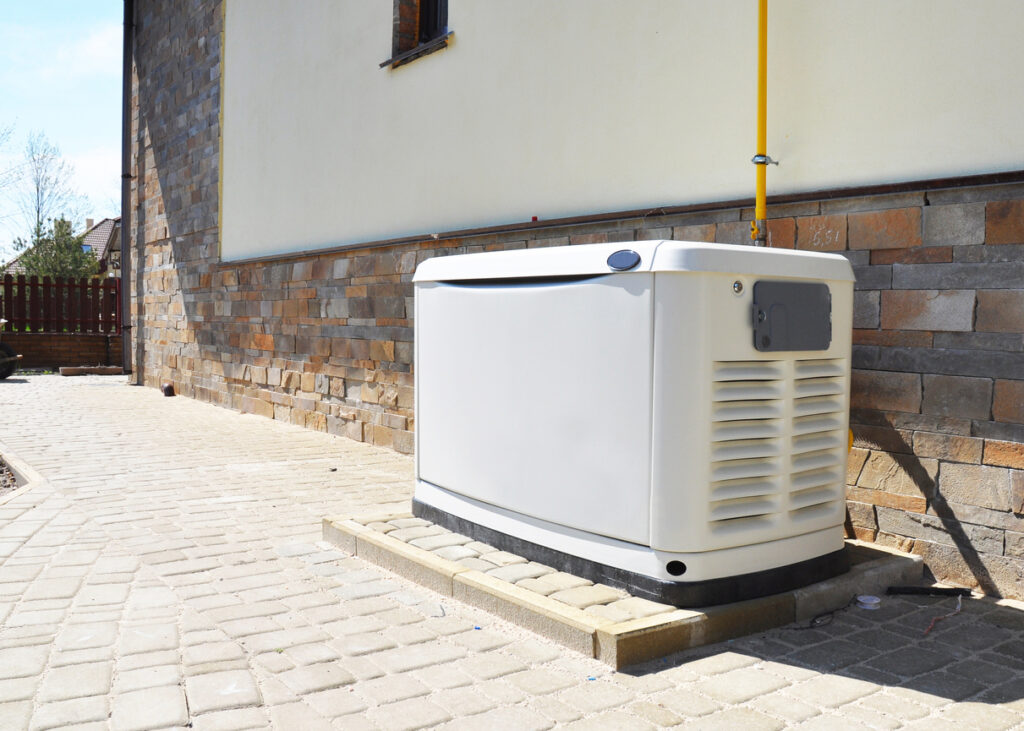Generators are like superheroes for your home during a power outage. They keep the lights on, the fridge running and your phone charged. But just like any powerful tool, generators need to be treated with respect. Improper use can lead to carbon monoxide poisoning, electrical hazards and even fires. So, how can you use your generator safely and keep your family secure? Here are some essential tips.
Be Careful Where You Place It
Where you place your generator is critical. Never run a generator inside your house, garage, basement or any enclosed space. Carbon monoxide (CO) is an odorless, colorless gas produced by generators. CO poisoning can be deadly, so keeping the generator outdoors is essential. Place it in a well-ventilated area, far away from windows, doors and vents where CO can seep into your home.
Here is a good rule of thumb. Position your generator at least 20 feet away from your house and any other structures. Carbon monoxide can travel, so do not assume you are safe just because the generator is a few feet away from the door.
Fuel up Safely
Gasoline is the fuel source for most portable and stationary generators. Be careful when handling fuel. Always refuel your generator when it’s cool and turned off. Never add fuel while the engine is running or hot. Fumes can ignite easily and cause serious burns as well as property damage.
Store extra fuel in a safe, approved container away from your house and heat sources, such as grills or water heaters. Never store fuel containers in your living space or garage.
Plug It in Safely
Before connecting your generator to your home’s electrical system, make sure your main breaker is turned off. This is especially important to prevent a dangerous condition called backfeed. Backfeed can send electricity back into the power lines and put utility workers at risk.
Always use a transfer switch when connecting your generator to your home electrical system. A transfer switch is a special device that safely isolates your home wiring from the main power grid while the generator is running. A licensed electrician can install a transfer switch for you and make certain that it is set up properly.
Schedule Check-Ups for Your Generator
Scheduling professional maintenance for your generator at least once a year is critical. A licensed technician can inspect your generator, make certain it is running safely and efficiently and identify any potential problems before they become major issues. Regular maintenance can extend the lifespan of your generator and give you peace of mind because you know it is ready to power your home when needed.
By following these safety tips and keeping your generator well-maintained, you can make certain your home stays safe and comfortable during a power outage. If you need to schedule generator maintenance and obtain help ensuring everything is safe in your San Angelo, TX home, contact Legacy Electric.

